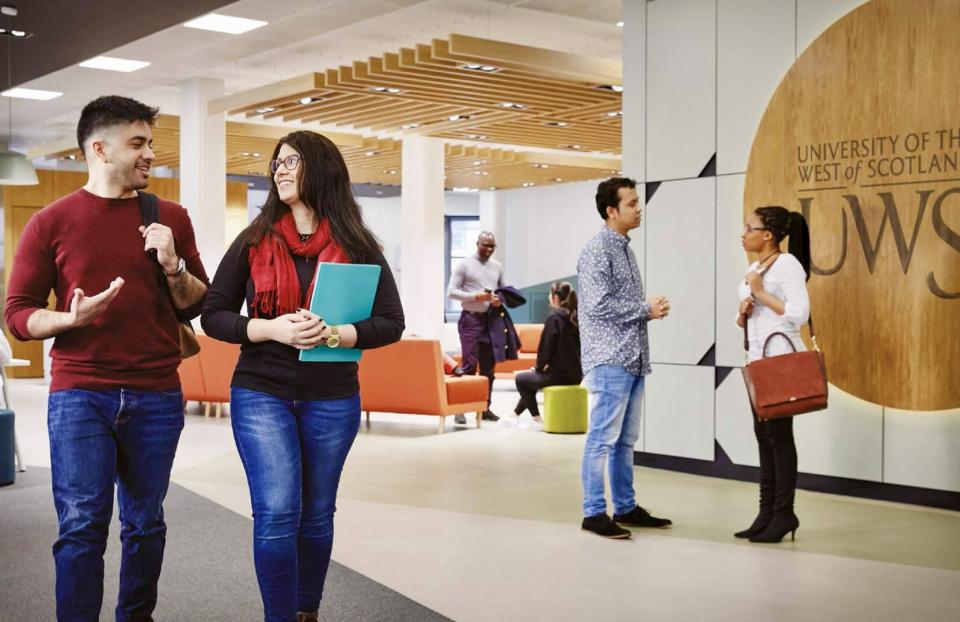Contrary to popular belief, students are not digital natives. Keeping up with students’ digital expectations post-Covid requires constant and consistent engagement and dialogue, as a whole learning community. This should include both colleagues and students and be based upon a relational approach to student success, where building and maintaining working relationships is at the heart of the system. The conversation around expectations is an evolving one and should be centred around digital literacies and capabilities. Similarly, our digital landscape should be maximised for inclusion.
We cannot explore student expectations on assumptions alone, so early engagement and dialogue are key to ensure the greatest understanding of how the digital environment impacts the student experience – academic, social and administrative. So, are we asking the right question(s)? In the emergency online pivot in March 2020, many conversations revolved around procuring digital systems like Zoom – arguably putting the technological cart before the pedagogical horse. What do we value most about our learning community and the way it works? How do students build relationships within that community? How do they affiliate with their programme, and with one another? The answers to those questions will help us ask the original question in a different and more meaningful way: how does the “digital” enhance, improve and enable our universities? How do we focus on the digital not as a separate phenomenon, but as an enabler, facilitator and even a driver of our learning community?
In a post-Covid world, therefore, the online and face-to-face environments have to function in cooperation, in a fully integrated way. How that digital environment is encountered by students inevitably then impacts their sense of community, belonging and connectedness, to their programme and their cohort. If we ask our students, on arrival, about their expectations, how do we know that they have all the facts at their disposal to answer effectively?
Understanding that the medium is the message is key here. Ongoing dialogue about expectations will enable us to discover how the learning environment and its digital facets are encountered across the full extent of the student journey. Inevitably, expectations and needs will change over time, providing us with ongoing insights and information about how best to manage expectations.
To learn more about how Perlego supports institutions in meeting student expectations, download the Hult International Business School x Perlego case study.


comment